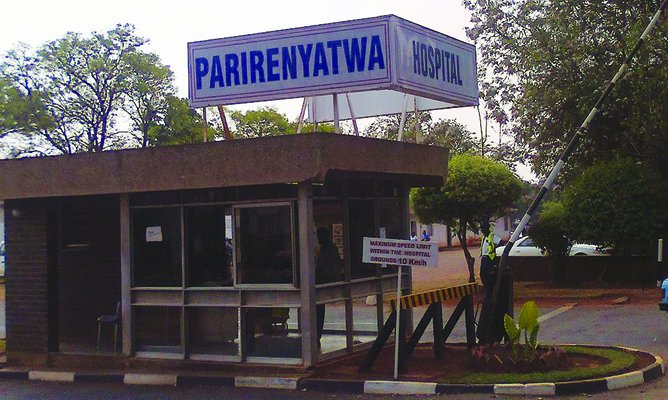|
Getting your Trinity Audio player ready...
|
Writes Zimbabwe Coalition on Debt and Development
The Zimbabwe Coalition on Debt and Development (ZIMCODD) expresses deep concern about the deplorable state of maternal health service delivery in Zimbabwe. The lack of accessible and quality healthcare for pregnant women and new mothers is an urgent concern that demands immediate attention. The persistently high rates of maternal and infant mortality reflect a systematic failure to prioritise and invest in maternal health while the right to basic health is guaranteed in section 76 of the Zimbabwean Constitution. We condemn the health delivery in the country! We, therefore, implore the government through the Ministry of Health and Childcare to consider maternal health for women and girls and devise remedial measures to honor and uphold this basic constitutional right. It is a moral and legal obligation.
According to an article by She Corresponds Africa, the crumbling health service in Zimbabwe is leading many women to opt for home-based deliveries and this may reverse gains made in reducing maternal and neonatal mortality rates in Zimbabwe. The unpleasant situation is that health centres have become death traps and there is very little trust in the health delivery system among expecting mothers.
Bulawayo recorded more than 70 home births between October and November 2023.2 Reasons cited include high ambulance service fees and maternity fees. In Harare, cases of medical negligence; disrespect and demeaning experiences in maternal care, and lack of accountability by health professionals in local clinics and hospitals have been making headlines with some women seeking justice through litigation after being failed by the health delivery system. The challenge is also exacerbated by a lack of resources in public health institutions owing to late disbursements of health budgets.
The brain drain in the health sector is compounding the situation. Since 2020, around 4,500 health personnel have left the country due to poor wages, leading to a further decline in the quality of healthcare services. This ongoing brain drain is a significant challenge that needs to be addressed.
This alarming trend indicates the urgent need to improve maternal health services in the country. While the National Development Strategy 1 speaks to quality healthcare services, the maternal mortality rate remains high in Zimbabwe at 363 per 100,000 live births.
The dire situation also reflects that Zimbabwe is far from achieving the SDG 3.1 target of reducing the maternal mortality ratio to less than 70 per 100,000 live births by 2030. This is worrying as the maternal mortality rate is considered a primary and important indicator of the country’s overall health status or quality of life
ZIMCODD recommends the following steps to resolve this existential threat to the maternal and broader health system in Zimbabwe:
- The government must prioritize and invest in maternal health services to ensure the well-being of mothers. This includes improving access to quality healthcare facilities, skilled healthcare professionals, and essential medical supplies.
- Treasury should allocate adequate resources to the health sector, in line with the Abuja declaration of 2001, which recommends allocating at least 15% of the total budget to the Treasury must also ensure the timely disbursements of health funds.
- The parliament through its oversight role must ensure that the allocated resources are effectively and transparently utilised for their intended purposes.
- Collaboration between government, civil society organizations, and development partners is crucial for the pooling of resources, expertise, and knowledge to implement effective strategies and interventions aimed at improving maternal health
LINKS FOR FURTHER READING:
- https://shecorrespondsafrica.com/pregnant-women-opt-home-based-delivery-as-a-result-of-poor-health-systems-in-zimbabwe/
- https://chronicle.co.zw/70-home-births-over-two-months-in-bulawayo/
- https://zimbabwe.unfpa.org/en/topics/sexual-reproductive-health-5






